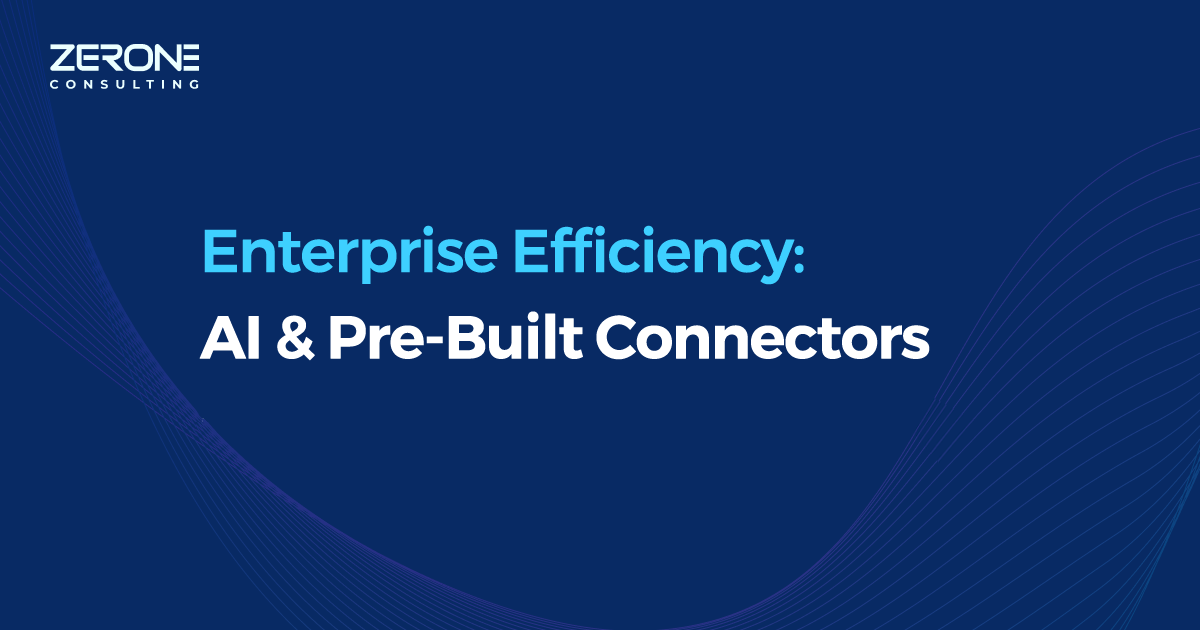5G and IoT: Supercharging the Gateway to Smart Logistics
Any consumer good reaches the end user after journeying thousands of miles and changing several hands. In the past, it was enough to move goods from point A to point B. Today, logistics management has grown more complex with soaring e-commerce business, making the industry an ideal hothouse for IoT innovations. Internet of Things is radically transforming logistics operations with advantages in supply chain monitoring, vehicle tracking, inventory management, safe transportation and internal process automation. However, the industry is yet to gain the best out of IoT.
Logistics businesses need to collect and analyze large swath of data, mostly in real-time to make decisions, predict future performance, and optimize operations. To do this effectively, you need a highly responsive network with outstanding data speeds, reduced latency, and reliability. 5G, the Fifth Generation of broadband cellular wireless network technology claims to offer a more IoT-friendly ecosystem that has the potential to transform logistics.
How the 5G-IoT duo can leverage systems that follow goods from factory to consumer?
Pairing 5G with IoT for logistics betterment
5G is one of the most anticipated and widely discussed technology trends in 2019. It can disrupt every industry, particularly logistics, since 5G will make Internet of Things an indispensable part of our lives. Gartner speculates that by 2020, there will be more than 20 billion connected devices in the world, and 50% of new major business processes and systems will incorporate some IoT elements. Our current wireless infrastructure does not have the capability to accommodate this momentum as it’s unable to exchange information without minor delays.
By promising to deliver a more IoT friendly ecosystem, how 5G is going to benefit logistics industry?
-
Tremendous improvements over 4G in terms of extremely fast data speeds, latency of a mere 1 millisecond, and support 100 times more connected devices per unit area.
-
For IoT, it means continuous exchange of data in real-time (among multiple devices) without putting a strain on the network and offering devices with superfluous battery life.
-
With 5G, businesses will gain 90% decline in network energy usage, and a bonus of 10 years’ worth of battery life, especially for low power IoT devices.
-
Sophisticated IoT tracking sensors to streamline logistics operations end-to-end is a highly experimented area. Besides gathering data in real-time, these sensors can accumulate different kinds of data at all points within a supply chain for a long-term. This kind of data adds power to both the consumer as well as the retailer since they gain more transparency into tracking orders and deliveries.
Mitigating risks in supply chain
It’s quite easy to track the exact location of your pizza or your Uber Eats order within the town. But we don’t have the same level of visibility over goods in international transit due to the scale and breadth of the delivery structure. That’s why more than 90% of logistics and shipping providers mention lack of supply chain visibility as their biggest challenge. IoT has introduced portable internet connected trackers/ sensors to monitor the location and condition of goods throughout the entire supply chain in real-time, which will be augmented by 5G.
According to DHL’s latest Logistics Trend Radar report, 5G’s low-energy benefits will lead to the creation of globally utilizable tracking and condition monitoring capabilities for parcels and devices. For example, battery-operated tracking devices that can be securely attached to parcels, containers, trucks, packages, or on the goods itself allow us to monitor the location, temperature, humidity, light, shock and other key metrics. Another case is the electronic locks enabled with sensors that can detect and report acts of tampering and theft.
Thanks to 5G! With advanced real-time monitoring, high-value consignments can be protected from risks during transportation.
Faster operations with reduced latency
Autonomous or self-driving initiatives are not just limited to cars since several companies claim to be testing autonomous technology in semi-trucks. If fully autonomous trucks come into existence in future, 5G will be crucial in taking this revolution to public roads. 5G data gets transmitted 50 times faster than 4G data, which means the lag time is only 1 millisecond. This allows autonomous trucks to make on-road decisions at lightning pace, leading to safe driving and reliable deliveries.
Such kind of intelligent transportation systems synced with Artificial Intelligence and Internet of Things can open a slew of possibilities in digitalizing port operations. Smart trucks that can automatically load and unload cargo and broadcast inventory information in order to gain access to controlled areas will become true only if backed by a fast, reliable and high-bandwidth connection. This is possible with the performance and speed offered by 5G. An experiment of this kind is being carried out by the Port of Livorno, Italy, in collaboration with Ericsson.
Moving to the fifth generation
Pairing IoT with 5G helps logistics businesses create a lean, secure and effective operations environment with improved visibility into supply chain. The ventures are nascent, and need to overcome hurdles in the form of government regulations, social acceptance, infrastructure, cost, and security concerns. Just as we see warehouses upgrading from manual laborers to robot workers and drones that have started delivering parcels, logistics industry is also on the verge of a major transition driven by 5G and IoT.
Related read: Industrial IoT and the World of Connected Manufacturing.
Industrial IoT and the World of Connected Manufacturing.
We can help!



